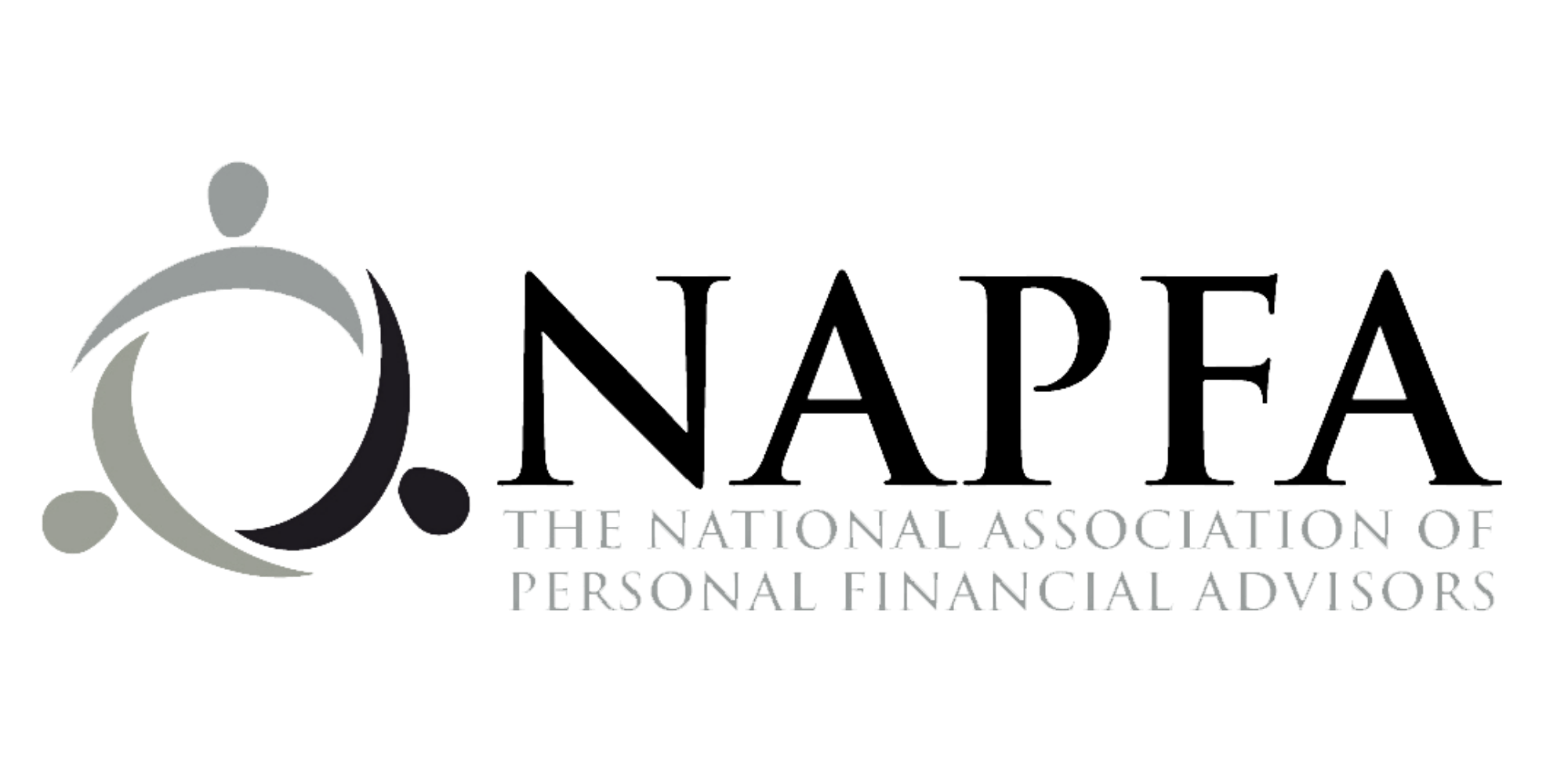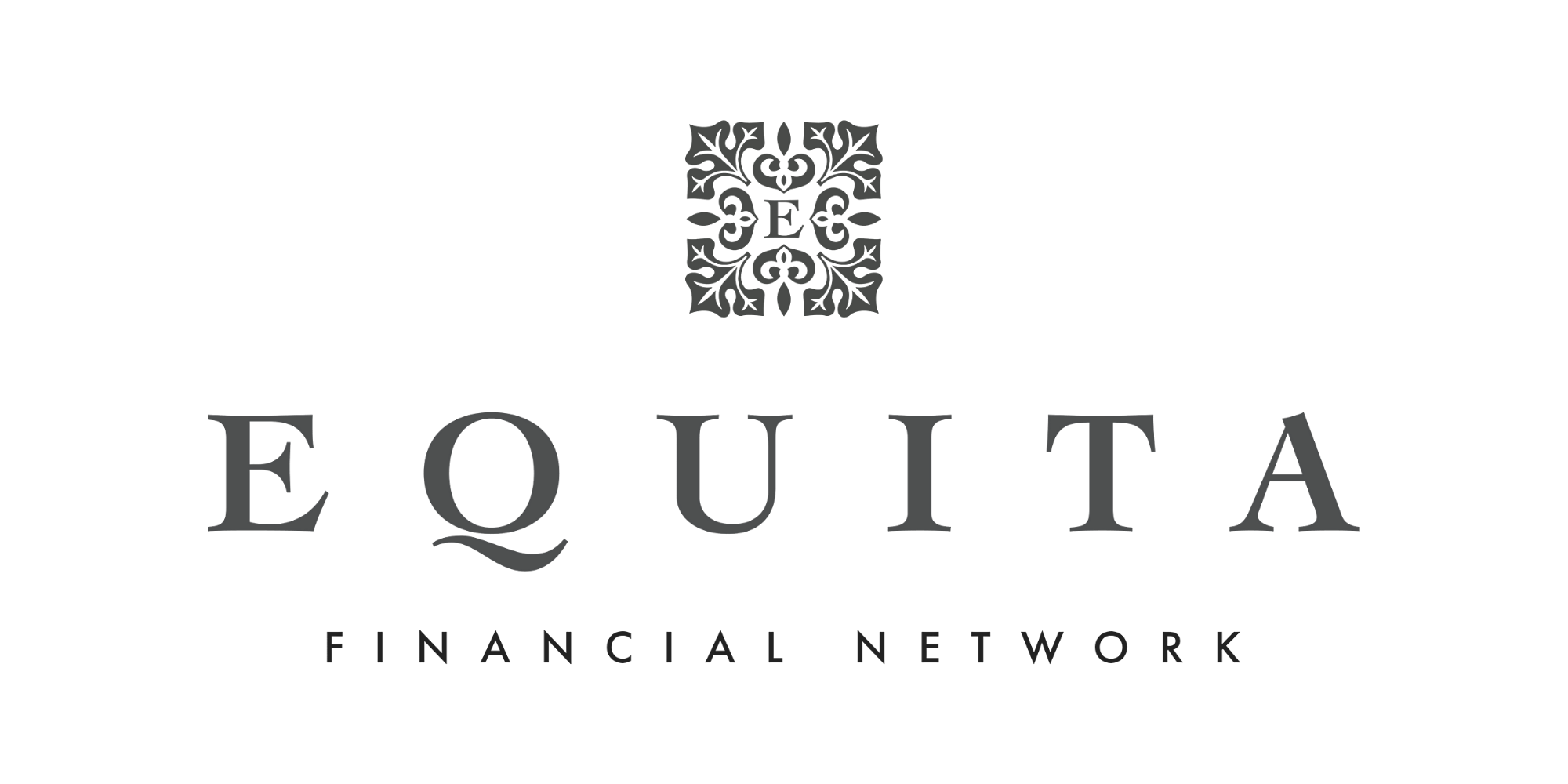“What do you do for a living?” That’s one of the questions that strangers are most used to asking each other, isn’t it? How many people get the follow-up question though? I wouldn’t have thought teachers do, or bank tellers, or brain surgeons. But I do.
“Ah, so, what exactly do you do?”
Sometimes I think there’s a bit of confusion about the role of a financial planner, and who can benefit from their services. With life getting more and more complicated, I’d love to think that more people would start to reach out to financial planners for help. But they’re not likely to if they don’t know what we do, or even how to find a financial planner.
So I thought I’d share why you should look for a financial planner in the first place, and how to find one. Then I’ll give you my insider’s tips for what to do when you think you’ve found one.
What Does a Financial Planner Actually DO?
Ah, that question: “What exactly do you do?” If I’ve heard it once, I’ve heard it a thousand times. I don’t tire of answering it though, because the idea that someone might be beginning their journey towards financial literacy and success really lights a fire inside of me.
So, first things first. A financial planner is a type of financial advisor. If you want to take a look at the eight different types of financial advisors, read this comprehensive list. For now, I’m going to concentrate on financial planners.
According to Investopedia, a financial planner is “a professional who helps companies and individuals create a program to meet long-term financial goals.” That financial planner may be able to offer a really broad spectrum of financial services including tax advice, investment management, estate planning and retirement planning, for example. Others may offer a very niche service, providing one type of service or just working with one type of client.
Think Of It A Little Bit Like A Personal Trainer
Your ultimate goal might be to generally improve your fitness level and lose weight. Every personal trainer would be able to help, but only some might do so by training you to run a marathon. Some may have basic knowledge of nutrition science, some might be extremely well-informed specialists.
A financial planner will take a detailed look at your current financial picture, and explore what changes need to be made to meet your goals.
I’d deviate a little from the Investopedia definition above though, to say that it’s not just long term goals that we help our clients to achieve. There are no doubt interim goals as well – buying or upgrading a home, starting a business, saving for the kids’ education. All these form part of your financial horizons, and a good planner will be able to account for them all.
Do I Need A Financial Planner?
I think one of the biggest misconceptions about financial planners is that it’s a service reserved for the wealthy. No. A good financial plan is more about how everyday, regular people can become and remain wealthy.
And as life gets more and more complicated, we are more likely to outsource the management of various different parts of our lives, right?
Do you hire a cleaner? Then you’ve hired someone to help manage your housework. A personal trainer? Then you’ve hired someone to help manage your fitness and health. A nanny? Then you’ve hired someone to help manage your childcare. Even paying a hairdresser is hiring someone to help manage our appearance. And let’s face it, most of us would hire a stylist if we could allow ourselves the indulgence. So why not hire someone to help manage your finances?
Get On Track – Wherever You Are In Your Life
If you’re in the early stages of your professional life, now is a great time to make sure you’ve got all the building blocks in place. Let a financial planner keep you on the right track right from the beginning. If you need to play catch-up with retirement planning, have a financial planner see where savings can be boosted.
If you suddenly have a windfall or take a couple steps up in your career, you would be likely to benefit even more from some good, robust financial advice. A good financial planner will help you avoid the pitfall of “lifestyle creep” as your wealth level increases. Instead of spending more, make your money work harder for you.
As a financial planner, I take so much joy in helping people discover their own financial literacy, and helping them to help themselves. Like a personal trainer, we’ll start with the basics – like a budget. A personal trainer is likely to start with a change in diet, and not on a temporary basis but to alter lifestyle habits for good. Exactly the same applies with a financial planner.
Then, as you and your family are beginning to accumulate some wealth, a financial planner can often offer some investment advice too, or even manage your investments on your behalf. A financial planner can make sure that you are using all your retirement saving opportunities correctly, and making good financial choices for your future.
How Do I Find a Financial Planner?
Do not expect to put “Financial Planner Near Me” into a search engine, and pick the first result. That might work for a plumber or an electrician, as they all do a similar job. But for financial planners, you need to do a little more background work.
By all means, do the search. But find several options, create a shortlist and then scrutinize them. Then ask your friends and family if they have any experience with financial planners. Can they recommend anyone, or tell you who to avoid? Do not put too much weight on online reviews. Regulations mean that financial professionals are not allowed, generally speaking, to publish reviews.
Do Some Background Checks
When you try to find a financial planner, don’t forget to do your due diligence. Remember, anyone can say that they are a financial planner or advisor. You need to look for ones with credentials. You can check their credentials through BrokerCheck through FINRA or the SEC. These should also tell you if there have been any complaints made or disciplinary action previously taken against the individual or company.
Ideally, you should look for a CERTIFIED FINANCIAL PLANNER®. These planners are held to strict ethical standards, have passed a complex exam to demonstrate their capabilities, and have years of experience. Find a CFP near you by visiting the CFP Board website.
Hopefully you’ll find a few planners near you with trusted credentials. If you can’t, look further afield. These days, most financial planners will take on clients who aren’t in their geographic region – technology now allows us to be able to operate virtually.
I’ve Made A Shortlist – Now What?
Now, just like you might interview a nanny before you let them look after your children, do the same when you want to find a financial planner. After all, it might not be your kids, but the responsibility of looking after your finances is huge. You need to make sure that you are 100% comfortable with the person you find.
Any good financial planner will expect to be interviewed, and will happily answer your questions. Ideally, this is going to be a really long-term relationship. You’re going to be working with this person for years, if they are going to help you long into your retirement.
Interview Your Potential Planners
Make a list of some probing questions. Here’s a few you might like to ask.
- What services do you offer? Make sure your financial advisor is going to be able to offer you the services you want, and not try to sell you anything different.
- What is your approach to financial planning? Get an understanding of what it will look like to work with this person.
- What is your investment strategy? Ensure they can outline their investment strategy clearly, and find out who else they work with to achieve this.
- How do you get paid? Ideally, you want to find a fee-only financial planner. A benefit of using fee-only financial advisors is the opportunity for them to offer an objective second opinion of your situation. The benefits of fee-only include transparency, no hidden fees, and no bias due to conflicts of interest to sell a certain product line or company offering. Use NAPFA’s online search tool to find a fee-only advisor in your area.
- Who is your ideal client? Make sure your planner really wants to work with someone like you, and they have any specialist knowledge that they might need.
- Are you a fiduciary? Make sure that your financial planner has an ethical duty to put your interests before their own.
Start Your Journey To Financial Success
Anyone who has money coming into and out of their life can benefit from the advice of a financial planner. Working with a professional frees up your time to pursue other goals, to spend time with your family, to do more of what you love.
Would you like to see if working with a CERTIFIED FINANCIAL PLANNER® could help you by taking some weight from your shoulders and helping you reach those interim and long-term financial goals? Then please get in touch. Schedule a meeting with me or send me a message. I’d love to meet you, and see if I can help.







